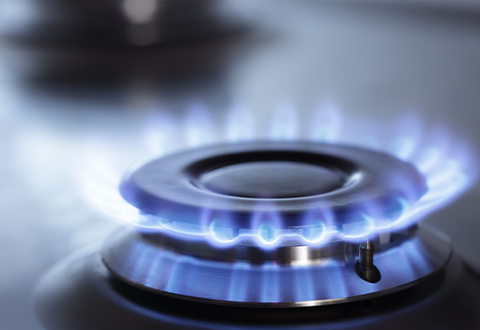
- Call Us
- +8618633052223
- njhdvlz@163.com
Noy . 27, 2024 18:00 Back to list
Suction Check Valve Manufacturers and Their Quality Assurance Processes
An Overview of Suction Check Valve Factories
Suction check valves are vital components in various industrial applications, playing a crucial role in maintaining fluid flow and preventing backflow. These devices are essential in systems where liquids are being transported, ensuring that the fluid moves in one direction while blocking any reverse flow that could potentially damage equipment or system integrity. The manufacturing of suction check valves involves precise engineering and adherence to stringent quality standards, making the role of factories that produce these components critical in the supply chain of many industries.
Understanding Suction Check Valves
Suction check valves are typically installed in piping systems to regulate the flow of liquids or gases. They operate automatically, responding to changes in pressure within the system. When the fluid flows in the desired direction, a disk or flap within the valve opens, allowing the fluid to pass through. Conversely, if there is a drop in pressure that could lead to backflow, the valve closes, preventing any reverse flow. This functionality is paramount in applications ranging from water supply systems to chemical manufacturing and oil and gas industries.
Manufacturing Processes
The manufacturing of suction check valves involves several key processes, including design, material selection, machining, assembly, and quality control. Factories often utilize advanced computer-aided design (CAD) software to create detailed blueprints and models. Selecting the right materials is equally important; industries typically opt for materials like stainless steel, brass, or specialized plastics, depending on the application’s requirements regarding durability, corrosion resistance, and pressure handling.
Once the design is finalized and materials are procured, the manufacturing process advances to machining. Various techniques, such as CNC (computer numerical control) machining, ensure precision in creating valve components. After machining, the components are assembled, and each valve is thoroughly tested under simulated operational conditions to ensure its reliability and performance standards are met. Rigorous quality control measures, including pressure testing and leak detection, are implemented to ensure that each suction check valve adheres to industry standards.
Factory Standards and Regulations
suction check valve factories

Suction check valve factories must comply with various regulatory standards, depending on the market and application of their products. For instance, valves used in potable water applications must meet the ANSI/NSF standards for health and safety. Industries like oil and gas are governed by even stricter regulations due to the potential environmental and safety hazards associated with their operations. Therefore, manufacturers must stay up-to-date with regulatory changes and continuously improve their processes to ensure compliance.
The Role of Automation and Technology
In recent years, the introduction of automation and technology in manufacturing has revolutionized how suction check valves are produced. Automated machining centers and robotics have enhanced production efficiency, allowing factories to increase output while maintaining strict quality control standards. Additionally, Industry 4.0 technologies, including the Internet of Things (IoT) and predictive maintenance systems, enable factories to monitor equipment performance in real-time, reducing downtime and minimizing waste.
The Global Market for Suction Check Valves
The demand for suction check valves continues to rise globally, driven by the growth of end-use industries such as water treatment, agricultural irrigation, HVAC systems, and oil and gas. As industries evolve and expand, the need for reliable and efficient fluid management solutions becomes increasingly paramount. Consequently, manufacturers are exploring new markets and diversifying their product offerings, implementing innovations to stay competitive in this dynamic landscape.
Conclusion
Suction check valve factories play an integral role in the functionality and safety of various fluid systems across multiple industries. The combination of skilled engineering, advanced manufacturing processes, strict quality controls, and adherence to regulatory standards ensures that these critical components perform reliably in demanding environments. As technology continues to evolve, these factories are poised to meet the increasing global demand for efficient and effective suction check valves, supporting the advancement of industries worldwide. The future of suction check valve manufacturing looks promising, driven by innovation and a commitment to excellence.
-
Groove Butterfly Valve: Efficient Grooved End Solutions
NewsAug.14,2025
-
Grooved Butterfly Valves: Quick Connect & Reliable Flow Control
NewsAug.13,2025
-
Stainless Steel Sanitary Butterfly Valve - Hygienic & Durable
NewsAug.12,2025
-
Premium High Quality Wafer Check Valves Factory
NewsAug.11,2025
-
3 Inch Butterfly Valve Dimensions & Lug Styles - Factory Supplier
NewsAug.10,2025
-
High Quality Wafer Check Valves: Reliable Manufacturers & Suppliers
NewsAug.09,2025